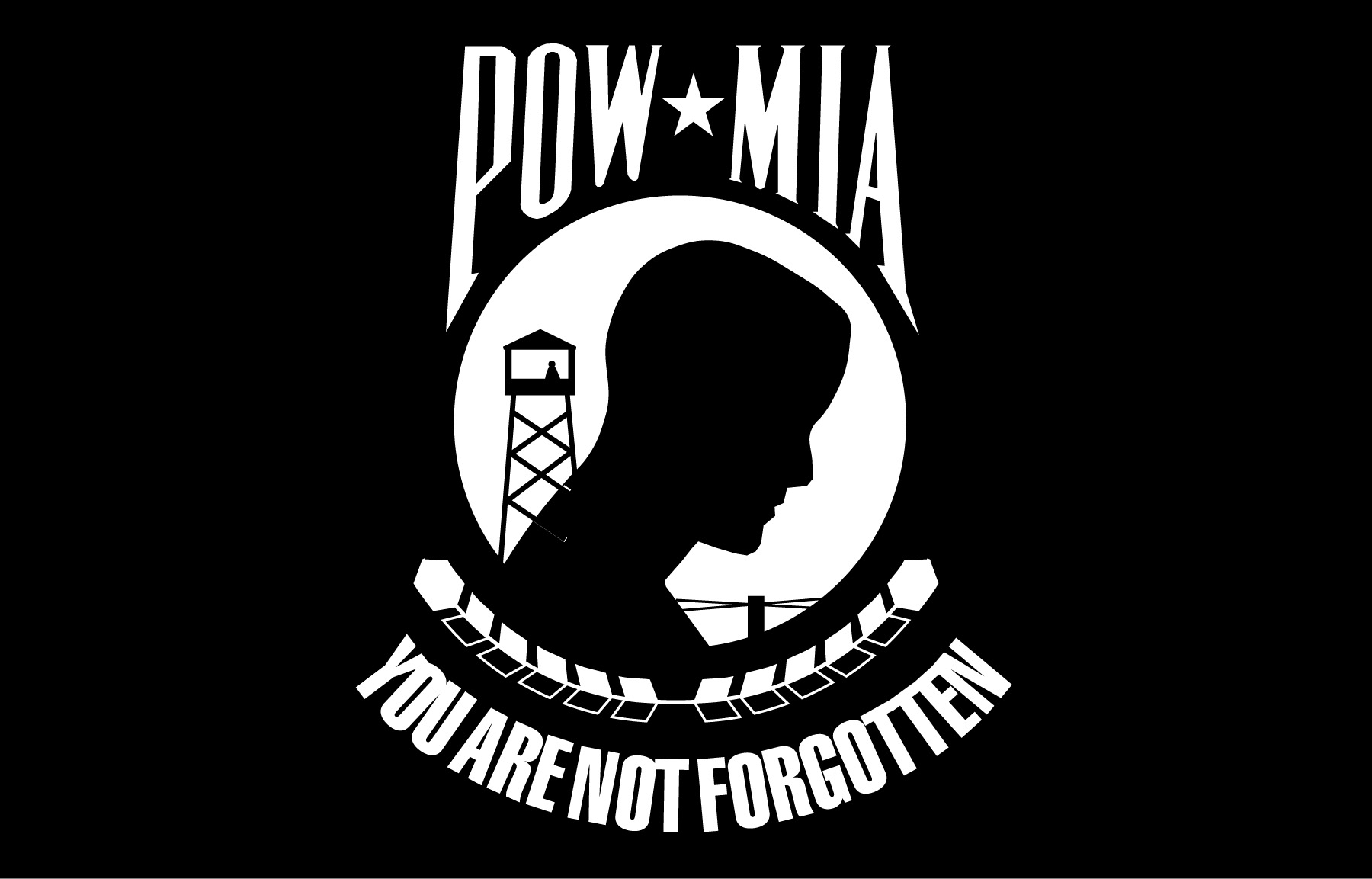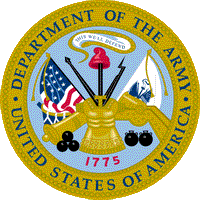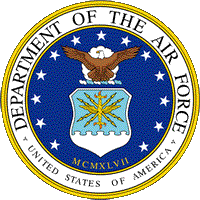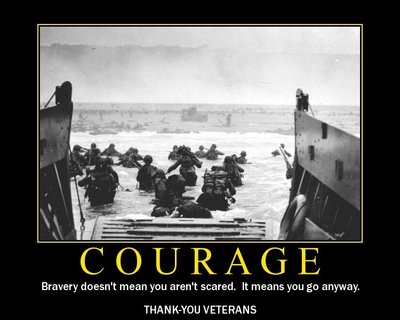 |
 |
 |
I will report all violations of orders I am instructed to enforce and contact my immediate supervisor in any case not covered by instructions.
I will sound the alarm in any case of disorder or emergency.
 |
 |
 |
 |
 |
Useful Links for Veterans and Military Personnel
Play Free On Line, Non Line of Sight
Cannon Challenge Game Here
| My Profile at Military.Com | ||
| My Air Force Career Comprising 24 years From November 1979 until May 2003 |
||
| Lackland Air Force Base | 3711 BMTS Flt 558 | Nov 1979 - Dec 1979 |
| Ellsworth Air Force Base, SD | 45th Missle Security Squadron | 1980 - 1981 |
| Naval Air Station (NAS) Keflavik | 85 Security Forces Squadron, Keflavik NAS, Iceland | 1981 - 1982 |
| Vandenberg Air Force Base | 30th Security Police Squadron | 1982 - 1984 |
| Kunsan Air Base, Republic of Korea | 8th Security Police Squadron | 1984 - 1986 |
| Minot Air Force Base | 91st Missle Security Squadron | 1986 - 1988 |
| Kunsan Air Base, Republic of Korea | 8th Security Police Squadron - Stinger Section | 1988 - 1989 |
| Taegu AB, Republic of Korea | 1989 - 1990 | |
| Osan AB, Republic of Korea | 51st SPS | 1990 - 1992 |
| Army National Guard - Post Falls, ID | 1993 - 1993 | |
| 105th ACS Cheney, WA | 1993 - 1995 | |
| Western Air Defense Sector | 1995 - 2003 | |
|
Of all the military bugle calls, none is so
easily recognized or more apt to render emotion than Taps. Up to the Civil
War, the traditional call at day's end was a tune, borrowed from the French,
called Lights Out. In July of 1862, in the aftermath of the bloody Seven Days
battles, hard on the loss of 600 men and wounded himself, Union General Daniel
Adams Butterfield called the brigade bugler to his tent. He thought "Lights
Out" was too formal and he wished to honor his men. Oliver Wilcox Norton,
the bugler, tells the story, "...showing me some notes on a staff written
in pencil on the back of an envelope, (he) asked me to sound them on my bugle.
I did this several times, playing the music as written. He changed it somewhat,
lengthening some notes and shortening others, but retaining the melody as
he first gave it to me. After getting it to his satisfaction, he directed
me to sound that call for Taps thereafter in place of the regulation call.
The music was beautiful on that still summer night and was heard far beyond
the limits of our Brigade. The next day I was visited by several buglers from
neighboring Brigades, asking for copies of the music which I gladly furnished.
The call was gradually taken up through the Army of the Potomac." This more emotive and powerful Taps was soon adopted throughout the military. In 1874 It was officially recognized by the U.S. Army. It became standard at military funeral ceremonies in 1891. There is something singularly beautiful and appropriate in the music of this wonderful call. Its strains are melancholy, yet full of rest and peace. Its echoes linger in the heart long after its tones have ceased to vibrate in the air. - From an article by Master Sergeant Jari A Villanueva, USAF. |
||
Taps
Day is done, gone the sun,
Go to sleep, peaceful sleep.
Love, good night, Must thou go,
Fades the light;
Thanks and praise, For our days, |
||
I pledge Allegiance to the flag of the United
States of America
and to the Republic for which it stands,
one nation under God,
indivisible,
with Liberty and Justice for all.

